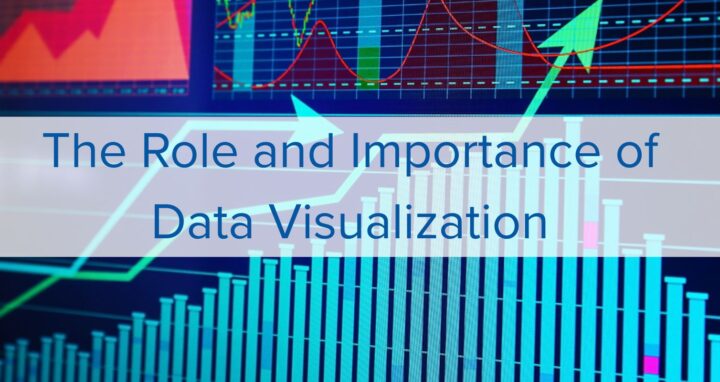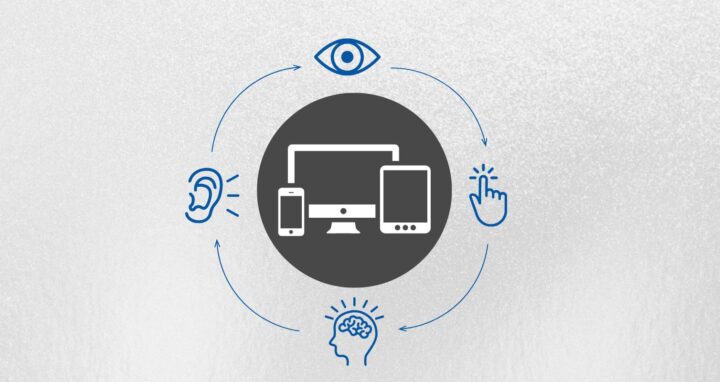This insight post is a summary of the original blog post published by True Digital Communications: What to Expect from Google Analytics 4 Reporting.
It’s no secret that Google is constantly making changes. One of the most significant updates was announced a year ago and will now be going into effect by mid-2023: the switch from Universal Analytics (UA) to Google Analytics 4 (GA4). Even though changes to your marketing reporting can come with initial uneasiness, understand the key differences can help prepare you for success during the switch.
Understand the Difference: What’s Changed Between Universal Analytics and GA4?
While there’s a long list of changes GA4 will implement, we’re going to focus on the top level. In the traditional Universal Analytics, a session-based model was used to collect data based on a specific time frame. In GA4, the data collection is now centered around users and events. While this is a significant change, the increased focus on individual users and events paves the way for new opportunities for marketing professionals.
For example, GA4 uses a combination of machine-learning and existing data to better predict user behavior – called predictive metrics. This is important because, with continued use, GA4 can help you identify key trends with your users without raising any privacy concerns. In fact, GA4 implemented a variety of updated privacy features including:
- Making it easier for the user to anonymize their IP address
- Spreading user data across a wider variety of servers
- Giving the user the ability to delete their own data after a set period of time
What’s New and Improved with GA4 Reports
One of the main reporting changes to GA4 is how a user is tracked throughout their journey. In Universal Analytics, it was common to run into trouble when a user’s journey included a variety of platforms and/or devices. Using machine learning, GA4 adapts to capture user journeys with added variables like the type of device being used or whether their activity starts and stops more accurately.
Once data is collected, GA4 also modifies how reports are broken down and viewed. In Universal Analytics, you may have noticed that data reports are housed in a long list that can be difficult to organize and navigate. With GA4, the central reporting dashboard lets you see an overview of your reports in summary cards. This way, you’ll get a quick snapshot of key metrics with the option to click into any scorecard for a more detailed view.
Check out the full blog to get more tips on how you can utilize the new layout, follow the user journey, and use path analytics to correctly.




